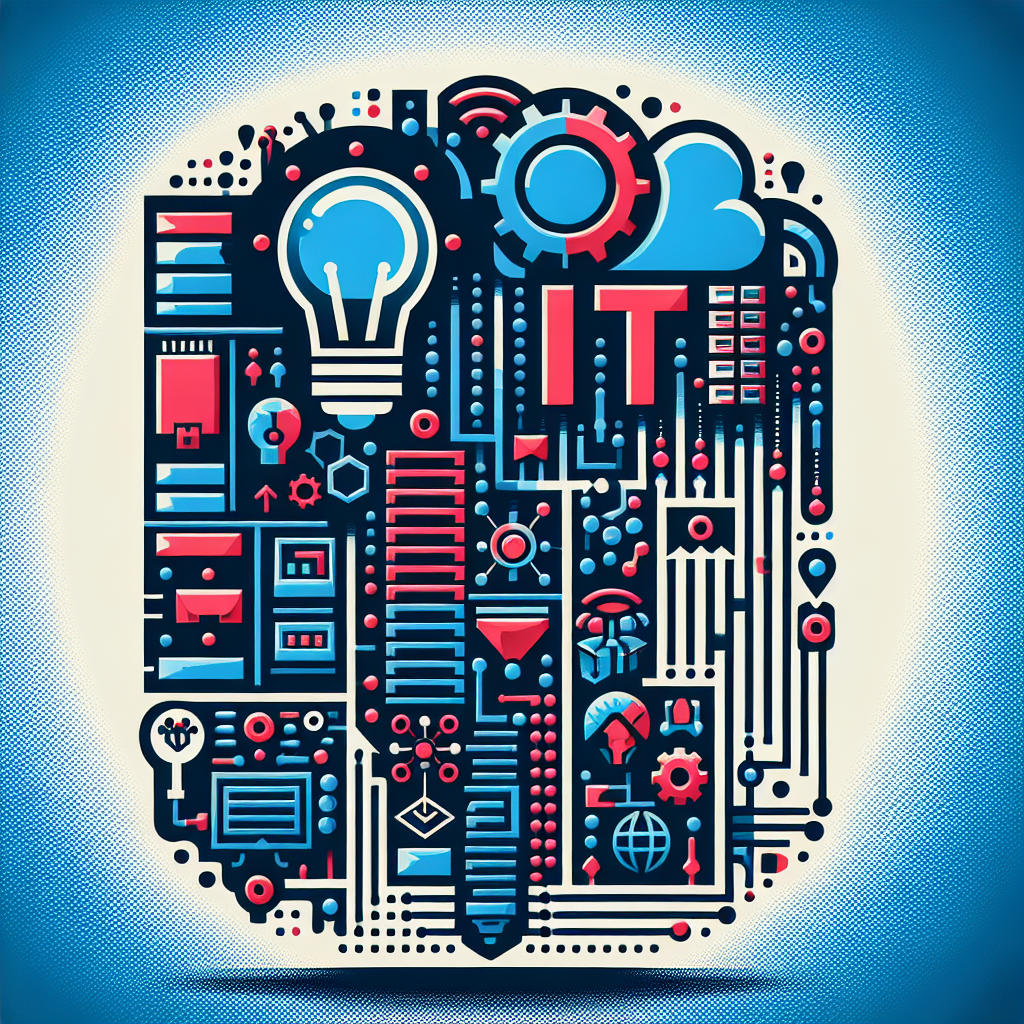Artificial Intelligence (AI) has been a subject of fascination and speculation long before its practical applications began to reshape our world. The roots of AI can be traced back to the visionary work of Alan Turing, who introduced the concept of machine intelligence and devised the famous Turing Test in the 1950s. This test, which evaluates a machine’s ability to exhibit intelligent behavior equivalent to, or indistinguishable from, that of a human, laid the foundation for the pursuit of creating intelligent machines.
The advent of neural networks marked a significant milestone in the evolution of AI. Inspired by the structure of the human brain, neural networks simulate interconnected neurons to process complex data and recognize patterns. This fundamental concept revolutionized various fields, from image and speech recognition to natural language processing, enabling machines to learn from vast amounts of data and make informed decisions.
Speech recognition and voice recognition stand as exemplary triumphs of AI’s capabilities. Through sophisticated algorithms and machine learning techniques, AI systems can accurately transcribe spoken words and even understand natural language commands. Behind this success lies the intricate process of machine learning, where algorithms iteratively improve their performance by analyzing data and adjusting their parameters—a process that encompasses supervised learning, unsupervised learning, and reinforcement learning.
Among the most remarkable achievements in AI is the development of Large Language Models (LLMs) and projects like ChatGPT. These systems demonstrate remarkable proficiency in understanding and generating human-like text, opening new frontiers in natural language understanding and conversation. ChatGPT, powered by advanced deep learning algorithms, engages in coherent and contextually relevant dialogues, showcasing the tremendous progress in AI-driven language generation.
However, as AI continues to advance, concerns about its societal impact and ethical implications grow. The potential for AI to be weaponized in warfare, automated decision-making leading to job displacement, and issues surrounding data privacy raise significant ethical and societal challenges. These concerns underscore the urgent need for robust regulations and ethical guidelines to govern the development and deployment of AI technologies.
In conclusion, the evolution of AI is an unstoppable force that promises to redefine industries, transform economies, and revolutionize human experiences. As we stand on the brink of the Fourth Industrial Revolution, characterized by the fusion of technologies blurring the lines between physical, digital, and biological spheres, the development of AI emerges as a cornerstone. However, to harness its full potential while mitigating risks, international collaboration and proactive regulation are imperative, ensuring that AI serves humanity’s collective interests and aspirations.


Leave a Reply